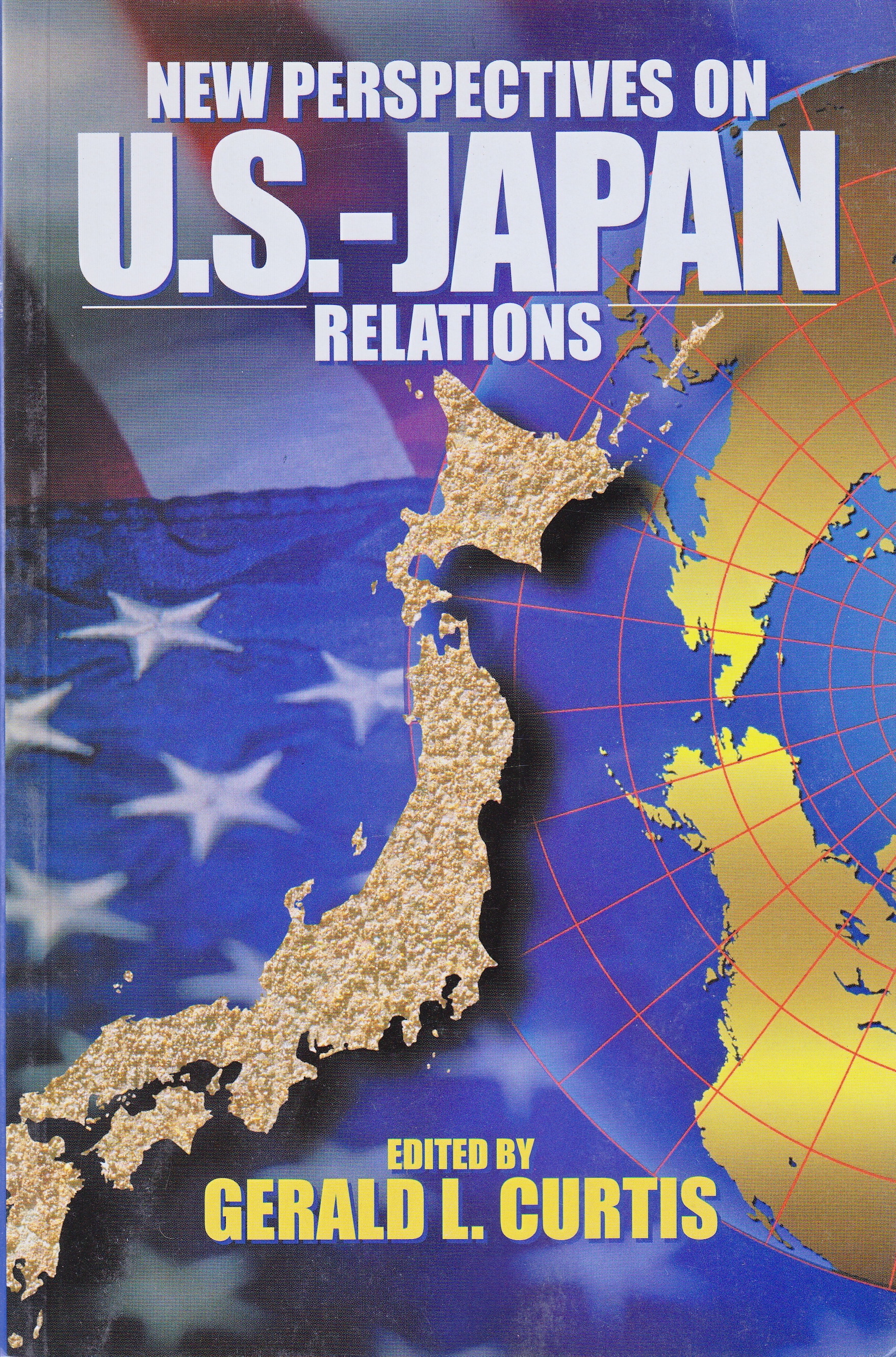How relevant today is an alliance that was forged between a powerful United States and a weak Japan in the context of a cold war struggle with the Soviet Union? In what ways have the changes in the relative power positions of the two countries and the structural changes in the world economy created new challenges to the US-Japan relationship, and how are the two countries responding to those challenges?
These are some of the important questions addressed by the nine Japanese and American authors of the chapters in this volume. Their discussion ranges from issues of trade and financial management, shifting perspectives on security in Asia and the effect of divergent outlooks on the US-Japan security alliance, to the role of the mass media in the bilateral relationship. Policy coordination on China, Taiwan, and the two Koreas; Japan’s desire to take more of a leadership role in Asia; and economic issues that are likely to be more regional than bilateral in scope and as political as they are economic are identified as areas requiring sensitive and skilled management by the partners.
A truly binational effort, the New Perspectives on US-Japan Relations study gathered some of the best-trained political scientists to focus on the present and future of one of the most important bilateral relationships in the world. This book will be of interest to the academic and policy communities and to people interested in the future of US-Japan relations.
Contents
- 1. Foreword
- 2. US Policy toward Japan from Nixon to Clinton: An Assessment
- Gerald L. Curtis, Burgess Professor of Political Science and former Director of the East Asian Institute, Columbia University
- 3. Market Opening in Japan: Deregulation, Reregulation, and Cross-Sectoral Variation
- Robert W. Bullock, Assistant Professor of Government, Cornell University
- 4. US-Japan Financial-Market Relations in an Era of Global Finance
- Jennifer Holt Dwyer, Assistant Professor of Political Science, Hunter College, City University of New York
- 5. The Transformation of Japan’s Fiscal Orientation in the 1990s: The Impact of External Pressure, Volatile Party Politics, and Recession
- Junko Kato, Associate Professor of Political Science, University of Tokyo
- 6. Japan’s Changing Attitude toward Adjusting Its Current Account Surplus: The Strong Yen and Macroeconomic Policy in the 1990s
- Yoshiko Kojo, Professor of International Relations, Department of Advanced Social and International Relations, University of Tokyo
- 7. The Media in US-Japan Relations: National Media in Transnational Relations
- Masayuki Tadokoro, Professor of International Relations, National Defense Academy
- 8. The Impact of Policy Ideas: Revisionism and the Clinton Administration’s Trade Policy toward Japan
- Robert M. Uriu, Assistant Professor of Political Science, University of California, Irvine
- 9. The Challenges of Managing US-Japan Security Relations after the Cold War
- Michael Green, Senior Fellow for Asian Security Studies, Council on Foreign Relations
- 10. The International Context of US-Japan Relations in the 1990s
- Akihiko Tanaka, Professor of International Politics, Institute of Oriental Culture, University of Tokyo
By Gerald L. Curtis, ed.



